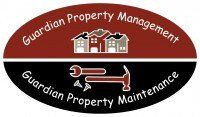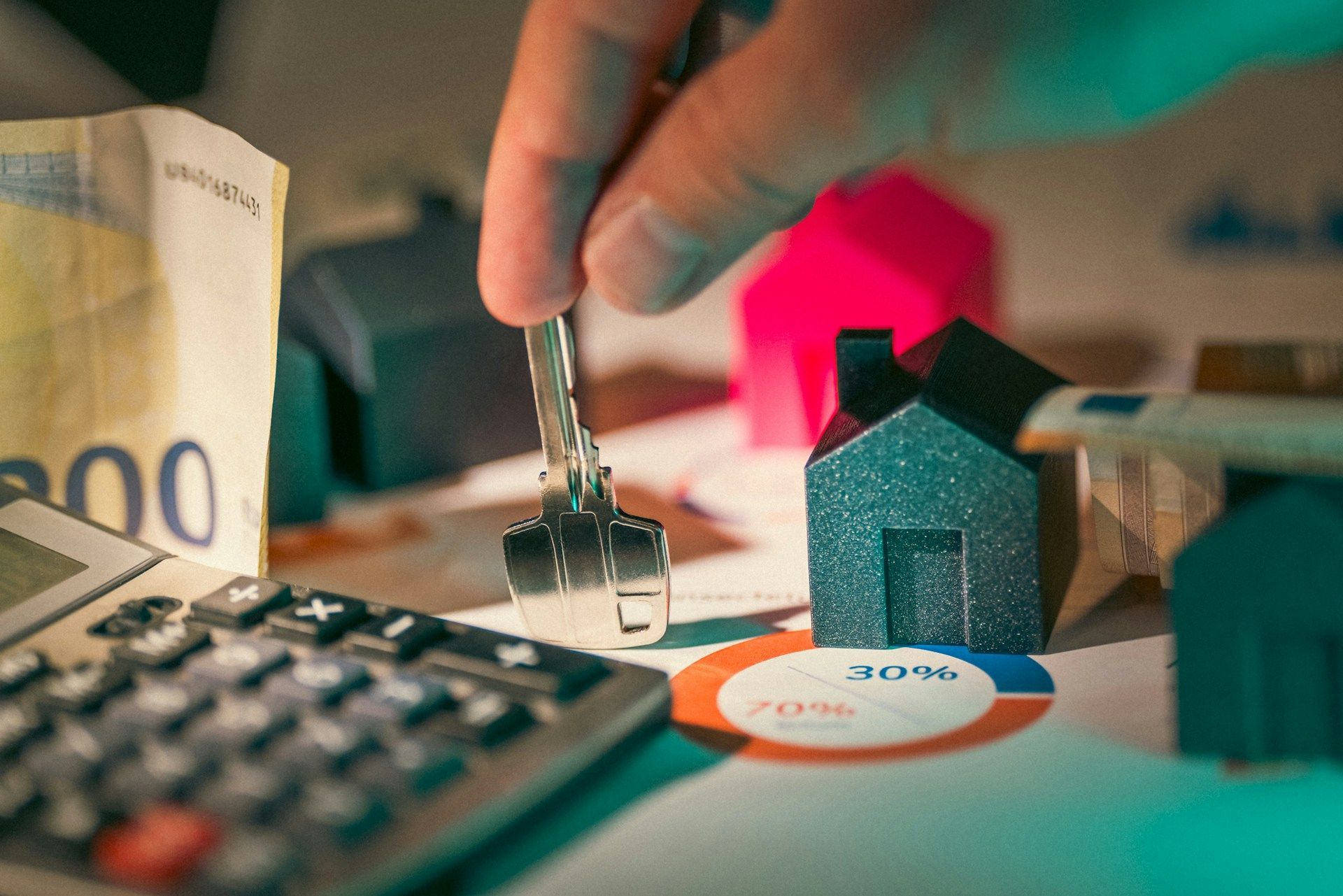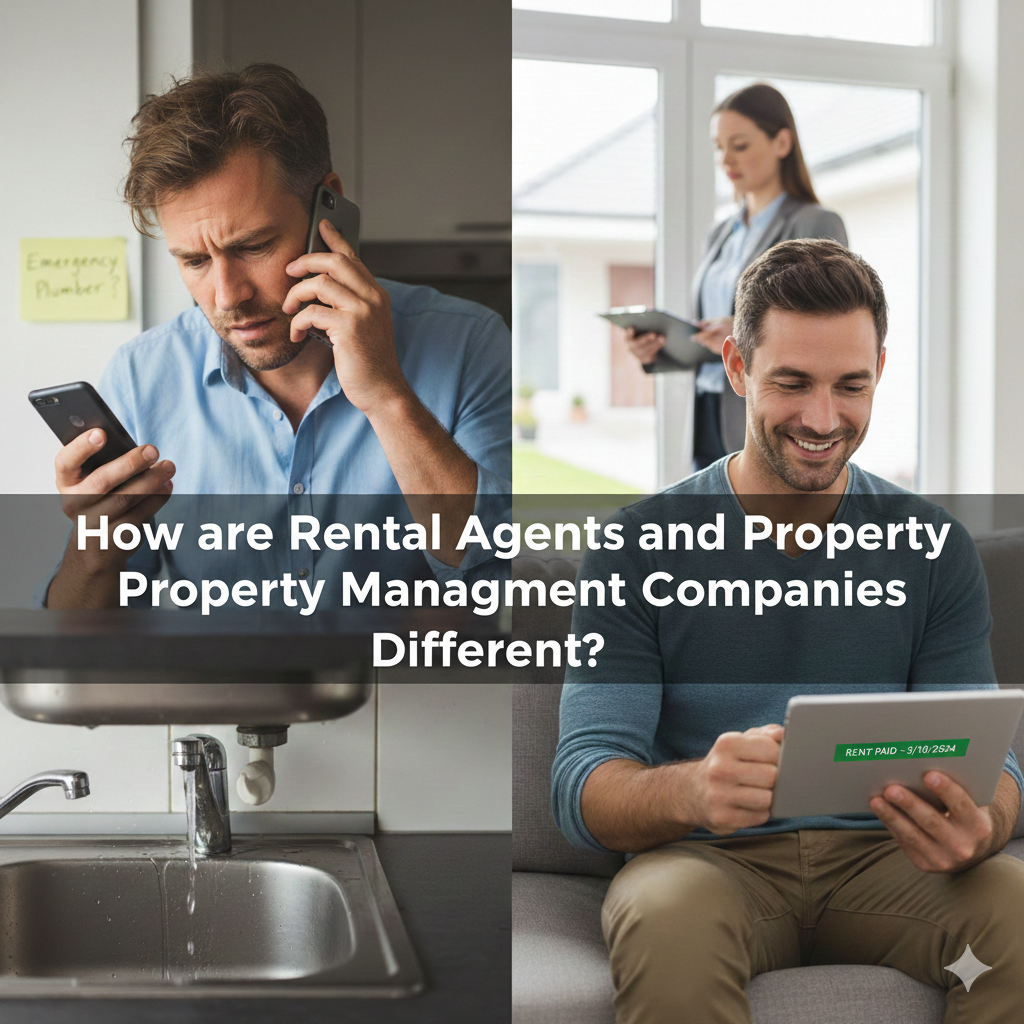What Does a Good ROI For Rental Properties Signify?

Investing in rental homes can be a great way to create wealth and secure a steady passive income. However, assessing whether your investment produces an excellent return on a rental property can take time and effort.
This content investigates what constitutes a good ROI in real estate, what affects it, and ways to increase your returns.
Understanding Of ROI For Rental Properties
ROI, or return on investment, is a significant measure that investors employ to assess if an investment is profitable. Concerning rental properties, ROI refers to the percentage of your investment that you get back through appreciation, rental income, and other relevant things within a certain period.
ROI= (Net profit/ total investment ) ×100
Here, net profit can be defined as the revenue generated from a property minus any costs (Taxes, maintenance, mortgage payment, and property management fees).
Total Investment comprises the closing costs, purchase price, and revamping or repairs.
What Is a Good ROI?
There isn’t any definitive answer to what makes for an excellent real estate ROI on rentals because it varies depending on your location, market conditions, and personal financial goals. However, approximately 8% to 12% ROI is generally considered suitable for rental properties.
An 8% -10% ROI is a strong return for long-term investors who value stability and steady cash flow. The risk is lower with properties located in stable markets that produce yields within this bracket.
The 10%- 12% ROI range represents an excellent rate of return that most seasoned investors aim to achieve. It signifies higher returns, increased risks, or the need for active rental management.
Anything exceeding 12% is highly coveted; however, it usually comes with significant risk attached. Such opportunities could involve buildings in up-and-coming areas or those needing major renovations.
Leading Factors Affecting the ROI for Rental Property
Presently, investment return on a rental property is affected by many factors. Thus, it’s helpful to be aware of those considerations when investing. Some leading ones are:
1. Location: Property location is the most significant contributor to ROI. Properties in high-demand areas with strong rental markets usually generate better returns. Proximity to public transportation, schools, and employment centers can impact rental income and property appreciation.
2. Management: As you may know, increased profits directly result from effective property management. Efficient property management guarantees that your properties are complete, rent is collected on time, and the money is used to fix any arising maintenance problems.
3. Mortgage Rates and Financing: Your mortgage terms can significantly affect ROI. Smaller monthly payments are required when the interest rate is lower, boosting net income.
4. Repairs and Maintenance: Unexpected maintenance and repair costs can reduce profits and ROI. Regular maintenance can make a huge impact when you want to prevent such costs. However, it is better to always allocate some money for fixing things or ask tenants for contract-based maintenance.
5. Market Conditions: Real estate markets are known to change in cycles. During rapid growth, the price of property and rent may increase, leading to higher return on investments (ROI). On the other hand, when there is an economic decline, capital appreciation and rental income may fall, thus negatively affecting any gains made.
6. Tax Benefits: Owning rental properties has several tax benefits, including write-offs for depreciation allowances, mortgage interests, etc., which can help improve your ROI by minimizing tax liabilities.
Strategies for Increasing Return on Investment (ROI) From Rental Properties
Before learning about a good ROI on rental property, exploring the significant strategies that can increase your ROI from rental properties is imperative. Some popular strategies have been considered below.
1. Buying lower than Market Value: Procuring a property lower than the market price can increase your ROI. You can look for foreclosures, distressed properties, or some prompt sellers who are willing to negotiate down their prices due to some motivation.
2. Bettering the Property: Remodeling can improve the property's value, charging higher rent. Nevertheless, you should concentrate on improvements that give back more money, such as a bathroom or kitchen remodel, enhancing the property’s external appearance, or energy-saving windows that lead to curb appeal.
3. Strategic Increase in Rent: It is essential to periodically review rents according to the prevailing market conditions and make necessary adjustments to remain competitive. This can, in turn, maximize rental income and overall ROI.
4. Lower Vacancy Rates: If you want higher returns, you must constantly occupy your units. Try offering rewards for signing longer leases and ensuring quick fixes and good tenant relationships so tenants don’t keep moving out often.
5. Optimize Tax Deductions: Maximize the tax deductions for rental property owners. This helps deduct insurance premiums, mortgage interest, maintenance and repair expenses, and property taxes.
6. Proper Leveraging: If the rental income surpasses the cost of borrowing, financing your investment can improve your ROI. However, you should be careful not to over-leverage since it makes you more vulnerable to risk, particularly when market conditions decline.
Conclusion:
Investing in rental properties can be highly profitable; still, it has to be done cautiously and managed well. Start by investing wisely and then continuously monitoring how your return on rental properties is performing to increase gains and create wealth over time.
Maximize your property's potential with our expert team, ensuring your investment is well-maintained. Guardian Property Management is profitable and hassle-free. Whether you have recently become a landlord or a seasoned investor, we’ve covered you.
Contact us today or call us at 651-287-2011 to get all your questions answered!















